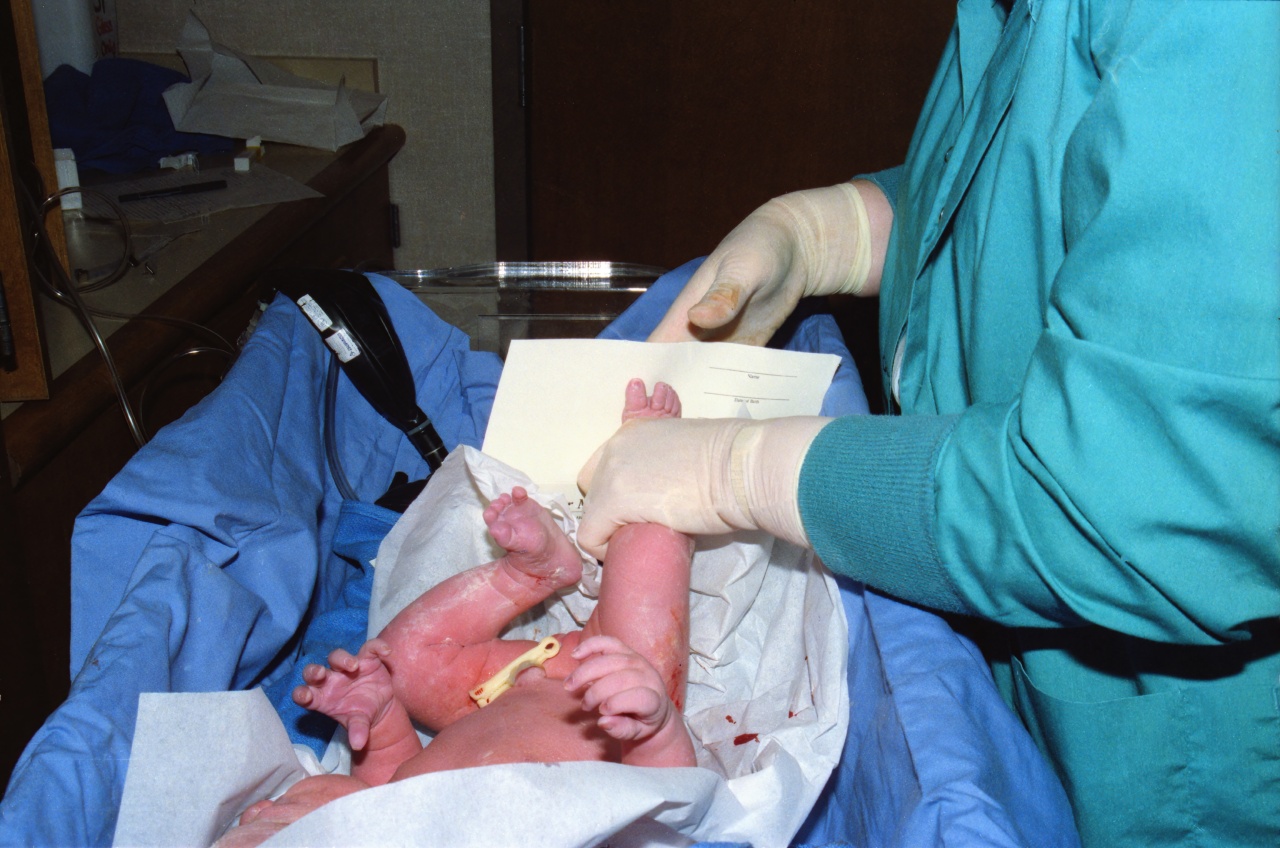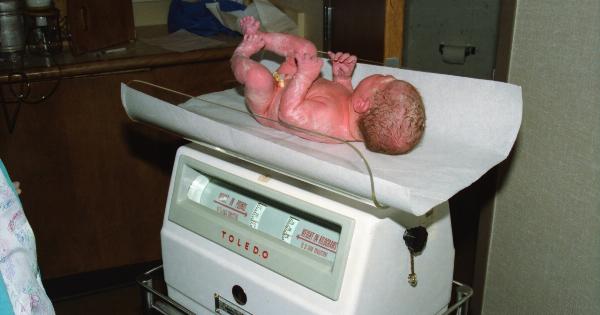The microbiome refers to the collection of microorganisms that inhabit a particular environment, such as the human gut. The gut microbiome is a complex ecosystem that plays a crucial role in human health.
In recent years, there has been a growing interest in understanding how delivery mode can affect the infant gut microbiome. The delivery mode refers to the way that a baby is born, either via vaginal birth or caesarean section.
Methodology
A number of studies have been conducted to investigate the effect of delivery mode on the infant gut microbiome.
These studies have typically involved collecting fecal samples from newborns and analyzing the composition of the microbiome using DNA sequencing techniques.
Vaginal birth and the infant gut microbiome
Research has shown that infants born via vaginal birth have a different gut microbiome composition compared to those born via caesarean section.
Infants born vaginally acquire a diverse array of bacteria from the mother’s vaginal canal during birth, which is thought to help establish and diversify their gut microbiome. These bacteria include Lactobacillus, Prevotella, and Sneathia, which are not typically found in infants born via caesarean section.
Caesarean section and the infant gut microbiome
One of the main reasons for the difference in gut microbiome composition between vaginal birth and caesarean section is the lack of exposure to maternal vaginal and fecal microbiota during birth in the latter.
Instead, infants born via caesarean section are often colonized by bacteria from the hospital environment or the skin of healthcare workers, which can limit the diversity of their gut microbiome.
The impact of delivery mode on long-term health outcomes
Research has shown that the gut microbiome plays a crucial role in the development of the immune system and overall health.
There is evidence to suggest that infants born via caesarean section may have a higher risk of developing certain health conditions, such as asthma, allergies, and obesity, compared to those born vaginally. This is thought to be due, in part, to the difference in gut microbiome composition between the two delivery modes.
Factors that can affect the infant gut microbiome
While delivery mode is an important factor in determining the composition of the infant gut microbiome, there are a number of other factors that can also play a role. These include:.
- Diet – breastfeeding vs formula feeding
- Antibiotic use – either by the mother during pregnancy or by the infant after birth
- Environmental factors – such as exposure to pets or living on a farm
Conclusion
The development of the infant gut microbiome is a complex process that can be affected by a number of factors, including delivery mode.
While there is evidence to suggest that infants born via caesarean section may have a higher risk of developing certain health conditions, it is important to note that the gut microbiome is not the only factor that determines long-term health outcomes. Future research is needed to better understand the interactions between delivery mode, the gut microbiome, and other factors that can impact health.






























